Arinz Kene LITTLE BABY
JESUS
&
ESTATE
WALLS  NICK HERN BOOKS London www.nickhernbooks.co.uk Little Baby Jesus was performed at the Orange Tree Theatre, Richmond, on 18 October 2019. The cast was as follows:
NICK HERN BOOKS London www.nickhernbooks.co.uk Little Baby Jesus was performed at the Orange Tree Theatre, Richmond, on 18 October 2019. The cast was as follows:
| KEHINDE | Anyebe Godwin |
| JOANNE | Rachel Nwokoro |
| RUGRAT | Khai Shaw |
| Director | Tristan Fynn-Aiduenu |
| Designer | Tara Usher |
| Lighting Designer | Bethany Gupwell |
| Sound Designer | Nicola Chang |
| Movement Consultant | DK Fashola |
| Casting | Nadine Rennie CDG Sarah Murray |
| Production Manager | Lisa Hood |
| Production Technician | Rhea Jacques |
| Company Stage Manager | Jenny Skivens |
| Deputy Stage Manager | Helen Cobb |
| Technical Assistant Stage Manager | Rhea Jacques |
| Associate Sound | Johnny Edwards |
| Production Electrician | Chris McDonnell |
Little Baby Jesus was originally produced by Oval House Theatre, BEcreative and Spora Stories. It was first performed at Oval House Theatre, London, on 25 May 2011. The cast was as follows:
| KEHINDE | Fiston Barek |
| JOANNE | Seroca Davis |
| RUGRAT | Akemnji Ndifernyen |
| Director | Ch Walker |
| Designer | Chris Gylee |
| Lighting Designer | Arnim Friess |
| Composer and Sound Designer | Richard Hammarton |
| Costume Supervisor | BiancaWard |
| Assistant Designer | Philippa Thomas |
| Production Manager | Bernd Fauler |
| Deputy Stage Manager | Suu Wernham |
| Assistant Stage Manager | Sylvia Darkwa-Ohemeng |
| Publicity Design | Lulu Kitololo (asilia) |
Real TalkForeword by Tobi KyerematengDem man would say dem man are mandem and us man are dem man
But then my mandem would say us man are mandem and dem manare dem man.Kareem Parkins-Brown, Sunny D or The Purple Stuff? Optional reading soundtrack:
Sittin Here or
Do It by Dizzee Rascal (Boy In Da Corner, 2003) Since the early 2000s, I have seen the language of my ends archivedin the mouths of the teenaged youth of the third millennium andevolved through cultures, shifted by the latter end of Generation Z.In my school, mandem recited Ps and Qs like a Sunday prayerwith not a single syllable missed, and some of South Londons mostloyal playground ambassadors would later join in reciting TalkinDa Hardest with the same religious inflection, honouring the joiningof North, South, East and West through this National Anthem of theends. In a new decade, the mandem of the 2010s would forge theirown worship here. The language of my ends has always sat betweenan electric poem backed against the pacey riddim of an old-schoolgrime track, and the war-cry that escapes when the first noticeableseconds of our favourite tune drops in a dance.
So much of thebeauty of theatre exists in the subtexts we give language to; theprivate jokes only specific cultures could dictate, the space betweenthe beat and the silence which speaks emotions proper Englishdoesnt have words for, and the fact that fam has approximately 10different meanings depending on how we say it. This language allows us to preserve our own histories in our personalarchives, and this oral tradition has historically given communitiesthat have been oppressed permission to keep these historiesrelevant and authentic. The stories I grew up hearing Kano andDizzee Rascal spit through the speakers of a Sony Ericsson WalkmanW810 sit comfortably in my archive alongside the stories the likes ofArinz Kene, Bola Agbaje and debbie tucker green have dedicatedto our stages. The stories we tell ourselves about the cultures weconsume can help us question the presentation of the theatrical self,and characters like Kehinde, Joanne and Rugrat in Little Baby Jesusnot only taught me about the compelling and complex personalities Iwas raised around, but emphasised the power of language mouldedby inner-city ecosystems. The friendship between Obi, Myles andCain in Estate Walls is reminiscent of the boyhood-to-manhood I witnessed with my peers in similar settings. Watching a show andbeing able to say, I know that character personally, that characterright there is my aunty-who-isnt-actually-my-aunty, boy, thatused to be me once upon a time is a privilege not everyone has,and when it comes around, it is glorious.
Come like Cyclops Polyphemus the way he be watching me.(Joanne, Little Baby Jesus) The beginning of a sentence startingwith Come like already lets you know a madness is about tofollow, and itll most likely be all types of funny, extra yet true.Young people from ends have always had a knack for pullingfrom the wildest references to deliver a very specific yet subtledescription of feeling, and in this case, its the glare from aninfamous Greek monster. You make me happy like when the Oyster machine on the bus aintworking. (Chelsea, Estate Walls) Only a few of us will be able torelate to the pleasure of a free bus ride once adulthood punched ussquare in the face in the form of having to part with our money andhand it over to TfL. The wave from the bus driver moving you alongto the seats as the Oyster machine rang red felt like an I got youdirectly from God, saving you that extra coin youd later spend onsomething frivolous and joyful. Theres a sophistication to the way we speak that hasnt alwaysbeen welcome in our theatres and our society despite Black,working-class cultures being a key synergist of homegrown Britishentertainment, and for some this rejection is internalised in thepolitics behind speaking proper English and dubbing this syntaxas Ghetto Grammar to dismiss the validity of building communityledlanguages in a society that teaches us that expression is onlyvalid through the gaze of white acceptance. Poor young peopleand those adjacent to them are consistently villainised by what theywear, what they eat and how they speak by people that believeculture and/or Blackness is monolithic.
Performing respectability is a much-loved theatrical piece of thecolonial gaze which has pockets of communities that have beenoppressed running away from our salvation, but respectabilitycan never be our saving grace when its very birth is symptomaticof white supremacy, and art cannot operate in a vacuum whenthese dynamics of power exist in every space we occupy. Ourinternalised -isms are reproduced in the ways in which we watchand respond to the work we see, and if we truly believe in thefuture development, diversity and accessibility of theatre, we must ask ourselves the necessary question of how we as individualsare helping keep the languages of our city alive and away fromendangerment. From Patois to Nigerian Pidgin, slang and abbreviations, the endscarry an assurance and culturally rich palette that lets me know Iam home, and this feeling isnt all too dissimilar from the poeticsof a nostalgic grime track or the first ever play you saw that trulyrepresented the whole of you. To my young gs from ends: The multilinguists; the performers; the code-switchers; the mandemand gyaldem; the gang gang gang; the makers and thinkers; theplayground hustlers; the back-of-the-bus caretakers; the streetpoets; the riddim creators and adlib instigators; the multifacetedculture pioneers of our London city streets - your lingual legacy issomething to be preserved and upheld. Speak up and speak tall;speak boldly and daringly. Real talk.
Next page
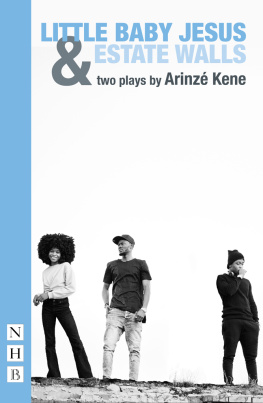
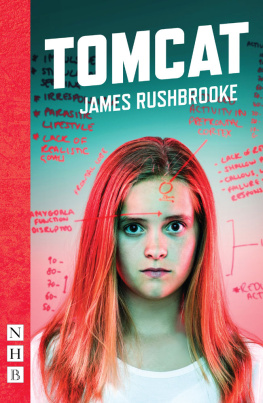

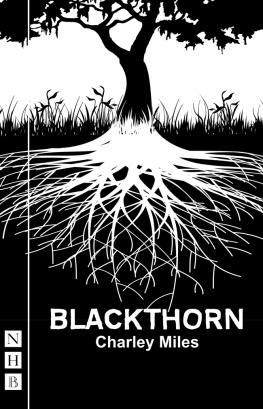
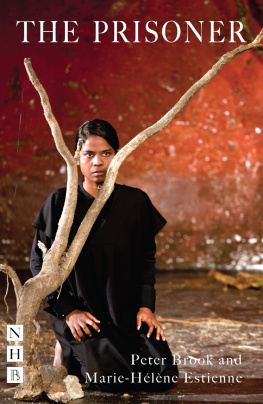
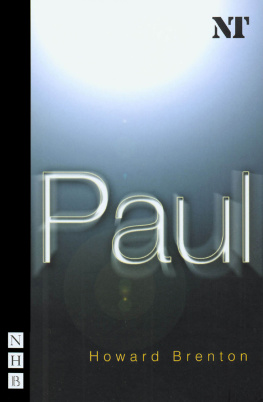
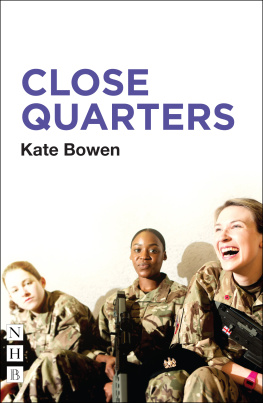
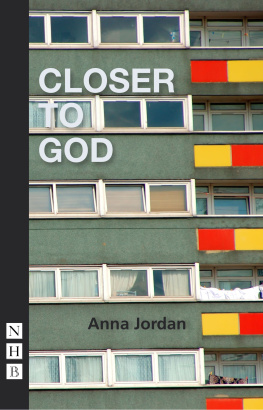
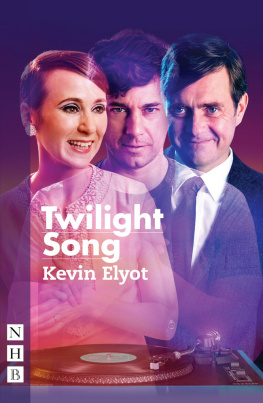
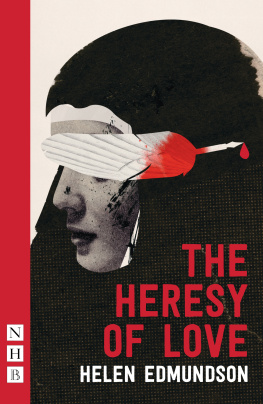
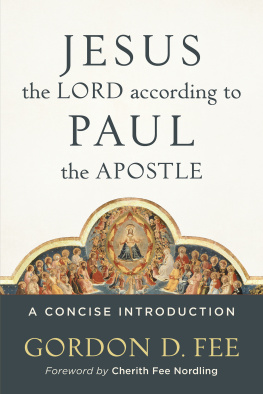
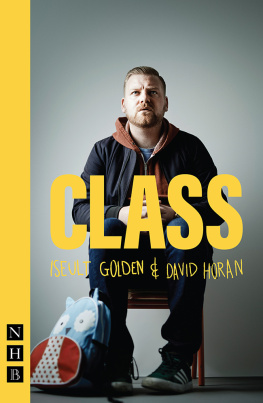
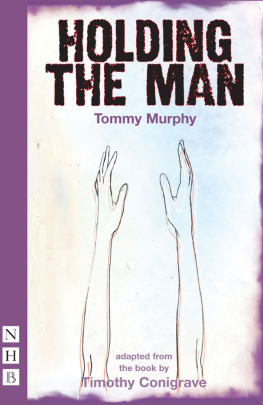
 NICK HERN BOOKS London www.nickhernbooks.co.uk Little Baby Jesus was performed at the Orange Tree Theatre, Richmond, on 18 October 2019. The cast was as follows:
NICK HERN BOOKS London www.nickhernbooks.co.uk Little Baby Jesus was performed at the Orange Tree Theatre, Richmond, on 18 October 2019. The cast was as follows: